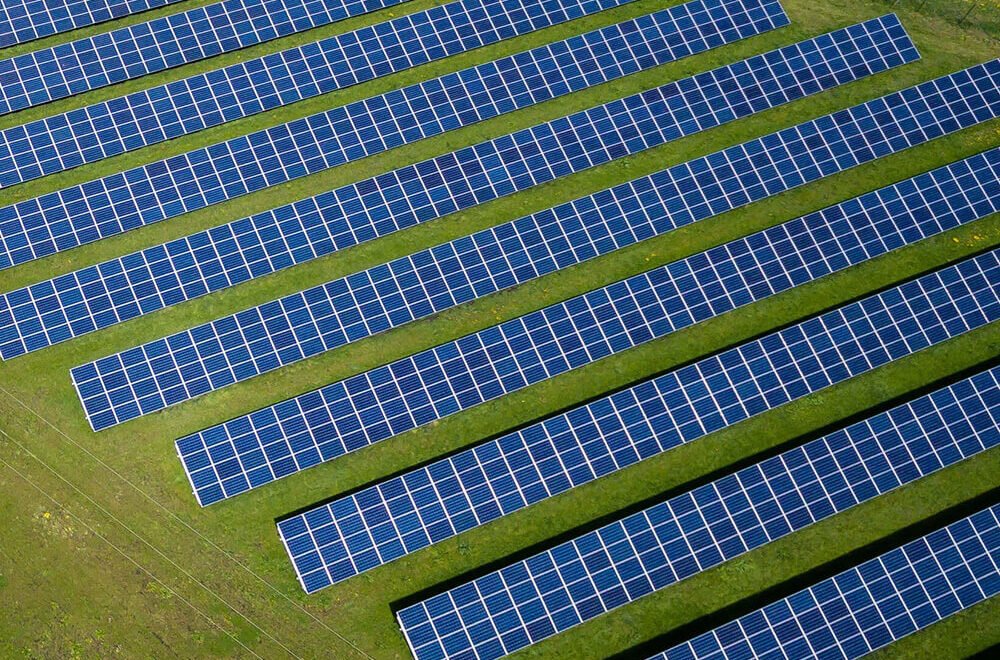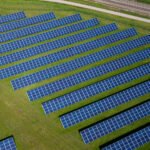Since the birth of life on Earth, it has survived mainly on the thermal radiation energy provided by the sun, and since ancient times humans have known how to dry objects with sunlight and use it as a method of making food, such as making salt and salting fish.
In the case of decreasing fossil fuels, solar energy has become an important part of human use of energy and continues to develop. Solar energy is utilized in two ways: photothermal conversion and photoelectric conversion, and solar power is an emerging renewable energy source.
What Is Solar Energy
Solar energy is a renewable energy source. It is the thermal radiation energy of the sun (see the three ways in which thermal energy travels: radiation), which is mainly manifested in what is often called the sun’s rays. In modern times, it is generally used to generate electricity or to provide energy for water heaters. Solar energy in a broader sense also includes wind, chemical, and water energy from the earth.
Principles Of Solar Energy
Solar energy is generated from the sun’s radiant energy by the release of enormous amounts of nuclear energy from hydrogen-helium fusion in the sun’s interior hydrogen atoms. The vast majority of the energy required by humans comes directly or indirectly from the sun. Plants release oxygen and absorb carbon dioxide through photosynthesis, and convert solar energy into chemical energy for storage in the plant. Fossil fuels such as coal, oil, and natural gas are also primary energy sources that evolved over long geological periods from plants and animals buried in the ground in ancient times. The energy in the Earth itself is usually referred to as energy related to the thermal energy inside the Earth and energy related to atomic nuclear reactions.
Although the energy radiated by the Sun into the Earth’s atmosphere is only one 2.2 billionths of its total radiated energy, it is already as high as 173,000 TW, which means that the energy of the Sun hitting the Earth every second is equivalent to 5 million tons of coal, and the energy hitting the Earth every second is 1.465×10^14 Joules. The wind, water, ocean temperature difference, wave, and biomass energy on earth are all derived from the sun; even the fossil fuels on earth (such as coal, oil, natural gas, etc.) are fundamentally solar energy stored since ancient times, so the scope of solar energy in a broad sense is very large, while solar energy in a narrow sense is limited to the direct conversion of solar radiation energy to photothermal, photoelectric and photochemical.
Classifications Of Solar Energy
Photovoltaic
A photovoltaic panel module is a power generation device that generates direct current when exposed to sunlight and consists of solid photovoltaic cells made almost entirely of semiconductor materials, such as silicon. Simple photovoltaic cells can provide energy for watches and computers, while more complex photovoltaic systems can provide lighting for houses as well as traffic lights and surveillance systems that feed into the power grid. Photovoltaic panel modules can be made in different shapes, and the modules can be connected to generate more electricity. PV panels can be used on rooftops and building surfaces, or even as part of windows, skylights, or shading devices, and these PV installations are often referred to as building-attached PV systems.
Photothermal
Modern solar thermal technology aggregates sunlight and uses its energy to produce hot water, steam, and electricity. In addition to using appropriate technology to collect solar energy, buildings can harness the sun’s light and heat by incorporating proper equipment into their design, such as giant south-facing windows or building materials that absorb and slowly release the sun’s heat.





4 Comments
It’s encouraging to read about all the benefits of solar energy in one place.
I love how you highlighted the long-term savings for businesses. Investing in solar is definitely a smart move.
I appreciate the focus on both homes and businesses in this post. Very informative!
Thanks for your comment!